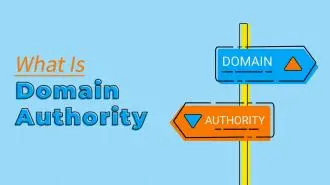Over the past few decades, digital marketing has transformed drastically, shifting from traditional media to digital platforms.
With the advent of search engines, the ways to market a particular website for topical authority SEO have grown substantially. Accompanying this increase in marketing is greater competition as well. Never before have more businesses been vying for widespread audiences than now.

To build a marketing strategy with SEO, it’s essential to understand search engines. As you dive into optimising for Google’s algorithms, you’ll likely encounter the term “topical authority”. If this is new to you, don’t fret. There’s no better time to learn about building topical authority than right now!
Read on to learn more about topical authority, how it affects marketing, and how to use it to build your strategy. Learn how to build an authoritative website for a new domain and gain user engagement like never before!
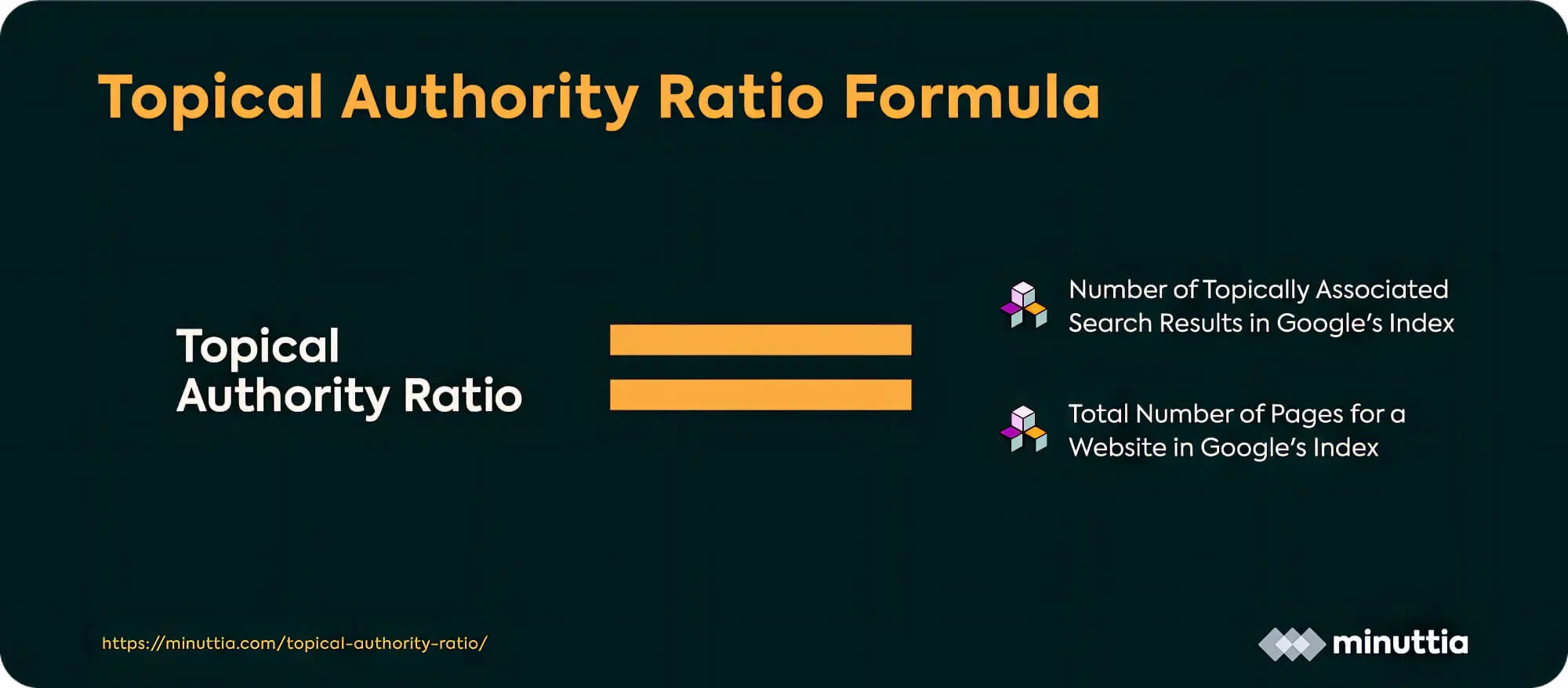
What Is Topical Authority?
Topical authority can be considered a metric of a website’s reliability as a source of information. Simply put, topical authority refers to the preference given to any content-based page, depending on the accuracy and content quality.
High-quality content that provides accurate information about a particular topic makes the page more likely to rank higher and be considered a trusted source. With higher topical authority, Google will rank the page higher than a website with lower topical authority.
When topical authority is in the discussion, the key is maintaining the content quality over a long period across several supporting articles. This makes it more likely for the website to rank high faster than most other pages about specific topics. A larger content footprint that discusses related topics regularly will have a higher topical authority.
Want to receive updates? Sign up to our newsletter
Each time a new blog is posted, you’ll receive a notification, it’s really that simple.
The Advent Of Topical Authority With Google Hummingbird
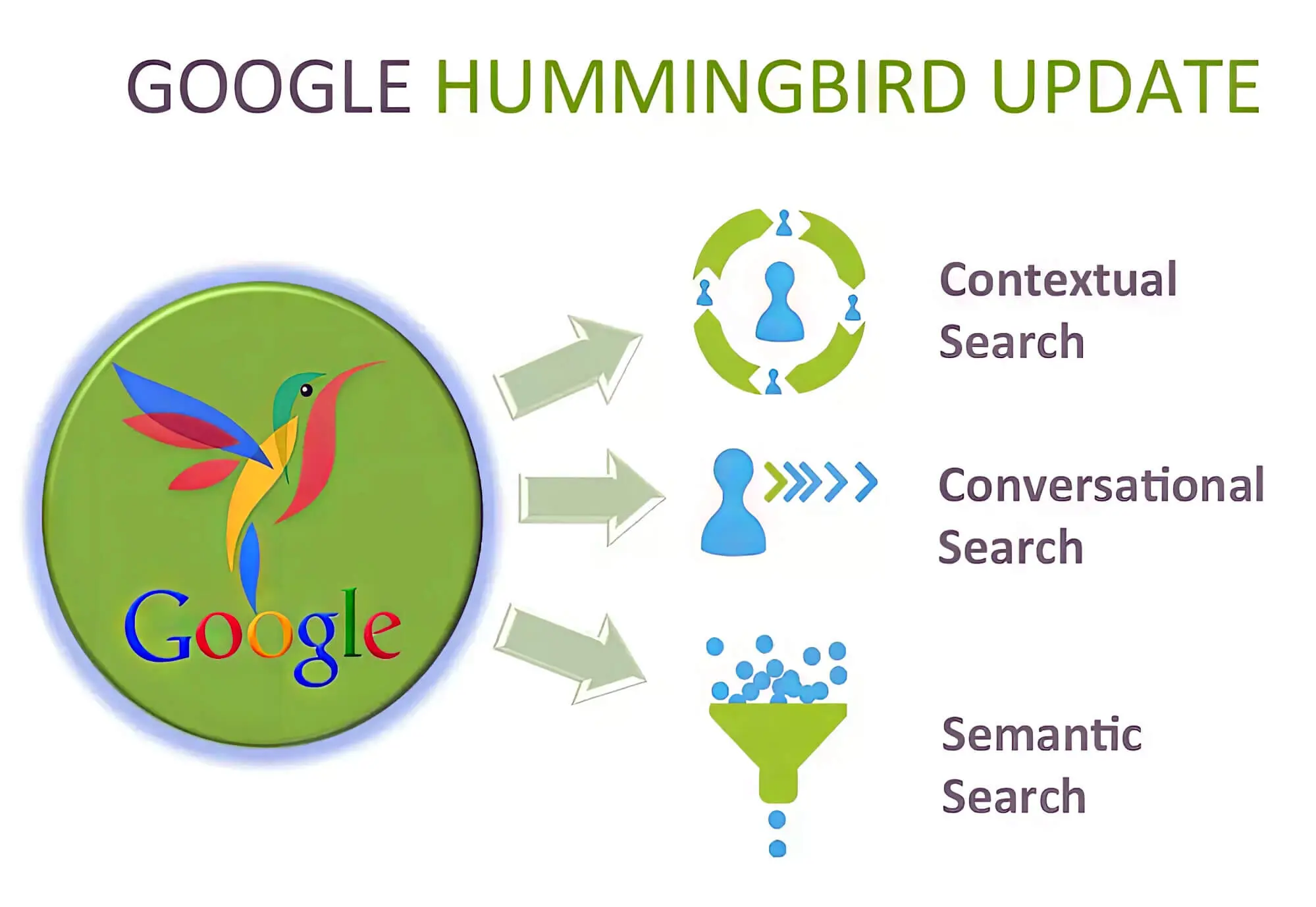
The Google Hummingbird Update that came in 2013 saw the introduction of topical authority. This led to sweeping changes in how Google ranked content in response to a search query. To be concise, the Hummingbird update helps Google accomplish semantic search objectives.
This enabled the search engine to display results aligned with user searches based on the meaning of a given phrase rather than match words directly. The reliance on factors like keywords and backlinks was reduced drastically, ultimately leading to a better-functioning search engine. And since Google didn’t rely on these factors as heavily anymore, pages stuffed with keywords and backlinks would no longer be the top results.
That is not to say that such factors don’t have any precedence over topical authority. Keywords are still important to gaining search engine preference but are secondary to content quality and other factors.
What Are The Benefits Of Building Topical Authority
By now, you may have concluded that topical authority is an inseparable part of any SEO strategy. Naturally, this means that establishing topical authority in a competitive industry can boost the visibility of your content and help it achieve greater marketing milestones. So, let’s look at how topical authority can help your website.
1. Higher Organic Traffic
If you’re developing a website, attracting more viewers and encouraging interaction with your content is key. Achieving topical authority can help you gain an edge in Google search results.
Higher topical authority leads to a higher ranking on Google and, consequently, more organic traffic. And the more organic traffic you have, the more potential customers you will receive than any competing websites.
2. Improved Brand Reputation
When you consistently produce high-quality content on a specific subject, you become recognised as an expert. Experts often come up first in search results, making your content more likely to be seen.
Higher website ranking nets you an increase in brand reputation, which leads to greater credibility and more user interaction through authoritative content. It may not surprise anyone that more trusted sources attract plentiful user traffic.
So, use topical authority to improve your brand image and reap the opportunities that stem from it.
3. Higher Backlink Count
This aligns with other factors. As your organic traffic and brand reputation grow, other websites are more likely to link to your content. First, you’re seen as an expert in your field. Second, Google gives your content a higher ranking.
So, when it comes to citations, the high topical authority will lead to a higher backlink count, which results in greater user traffic.
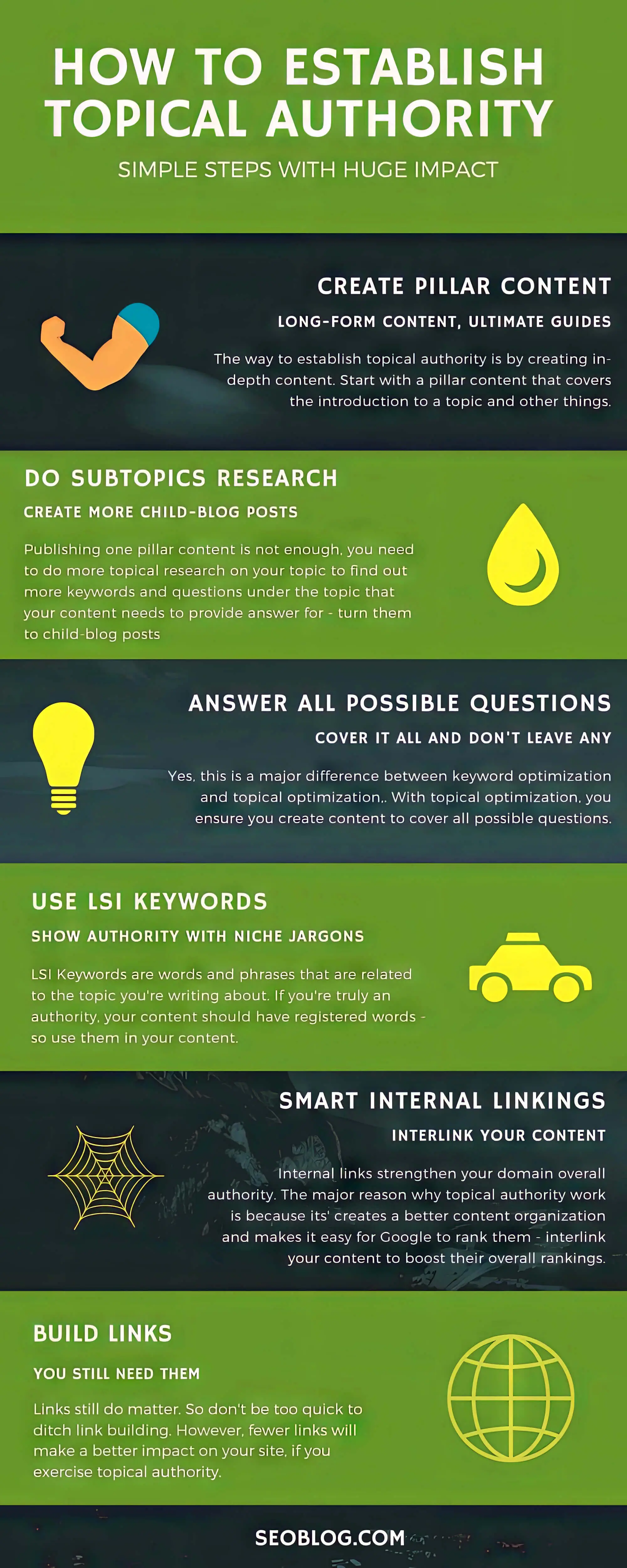
Practises For Building And Improving Topical Authority
Topical authority plays a major part in the content marketing strategy of a website, and creating high-quality content from scratch can take some time for both search engines and users. Consider making the website carefully to ensure your competitors don’t leave you behind. The key here is to keep your content as organic and high-quality as possible while including keywords on the topic.
Let’s review a few major steps to help you make topical authority work for your domain without wasting time. After all, it’s always better to keep up with your competitors before you look to outpace them.
1. Content Strategy Creation
A strong content strategy with diverse content pieces is the biggest key to successfully achieving topical authority. You can build a great content strategy in three steps: planning, researching and focusing on your niche.

A. Planning
The first step to building a content strategy is to plan it all out to build topical authority. You should start by defining what purpose your content will serve. It could be to boost brand awareness and attract customers or for lead creation and product evaluation.
Once your goals are ready, consider the best content that suits them. Different user intentions require individual pieces of content, so research what content you should create. This can be invaluable for boosting the brand rep and bringing in organic leads.
B. Research
Creating a strategy with proper research can lead you in the right direction, saving time and benefitting your competitors.
You may begin your research with a based keyword research, starting with a seed keyword and analysing its relevance using a keyword research tool dedicated to finding the top search terms for your content. This can be an educational experience, giving a complete picture of what users type into the Google search field. Armed with this knowledge, you can group relevant content to cover everything in your material as extensively as possible in an organic manner for the best results.

The second half of researching your topic comes from looking up related posts on social media. With such platforms, you can examine what is being discussed among your target audience. Queries, feedback and criticism can all provide you with valuable information that you can provide an answer to in your content.
Something crucial for SEO you can make excellent use of is the “People also ask” section that you may have seen on Google search results. Not only does this improve your need to know about the subject, but it also lets you know your target audience’s typical questions. Consider using SEO tool providers that present the “People also ask” segment in a hierarchical structure.
C. Focus On Your Niche
There are millions of pages on the internet, and most people see less than a per cent of these pages due to low topical authority.
The simple reason for this is that these pages may contain low-quality content and plenty of unfocussed and useless information. And since they often have nothing unique, they are left barren with low user interaction and even lower search engine ranking.
Make sure that the content you produce is unique while maintaining high quality. Building topical authority by targeting related search queries is the best possible step, as a dozen pages tackle common issues. User retention, particularly today, is difficult, but engaging content targeting related searches can solve that problem. And if a user gains valuable information from your content, consider it a job well done.
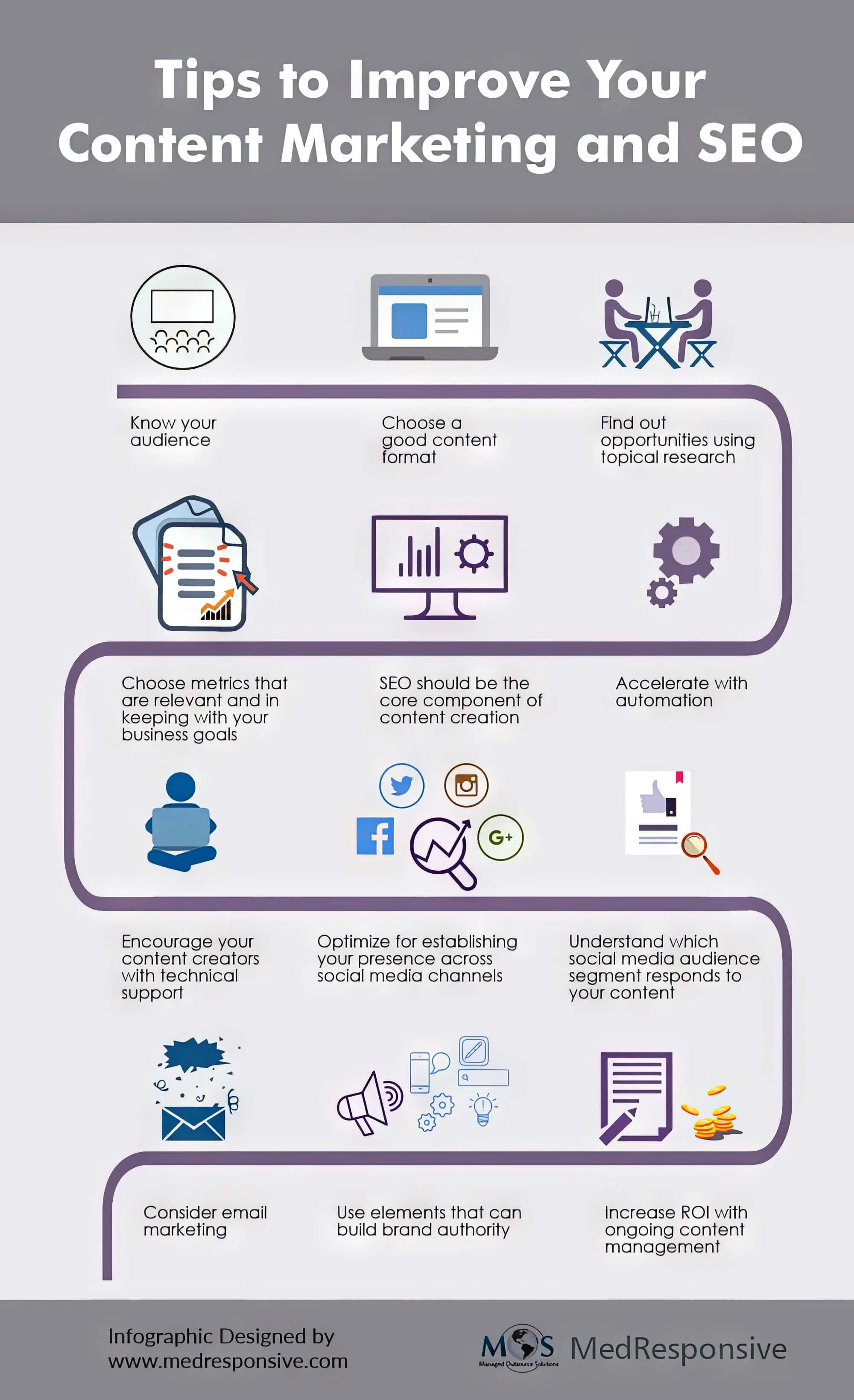
2. Intricate Topic Clusters
How do you build topical relevance once you’ve developed your strategy and created content clusters? Begin working on creating topic clusters around the chosen niche. Focusing on specific topic clusters and utilising them as a basis for your content will create a strong foundation for the website.
After creating a few pieces of content around these core topics, you begin to create topical authority; you can focus on other semantically related issues. These topics will only be tangentially related to your core content, which you can mention and link back to the pillar page content.
Doing so for several smaller relevant topics will build a topic cluster, which serves to improve your topical authority. By creating strong topical clusters, you are making it known to the search engine that you’ve covered a broad topic in extreme depth to match search intent. This will ensure that the search engine algorithms prioritise your content and recognise you as an expert.
3. Recognise User Intent
The algorithm used by Google strives to find the meaning behind user search queries, effectively attempting to understand the user’s search query intent. Over the years, the algorithm that Google uses has progressed far enough to match a query’s search intent. And it would be best if you considered planning the topical authority strategy around this.
Your content strategy should consider the reasons behind a user’s search terms. For instance, you might create instructional articles for informational searches or buying guides for transactional queries.
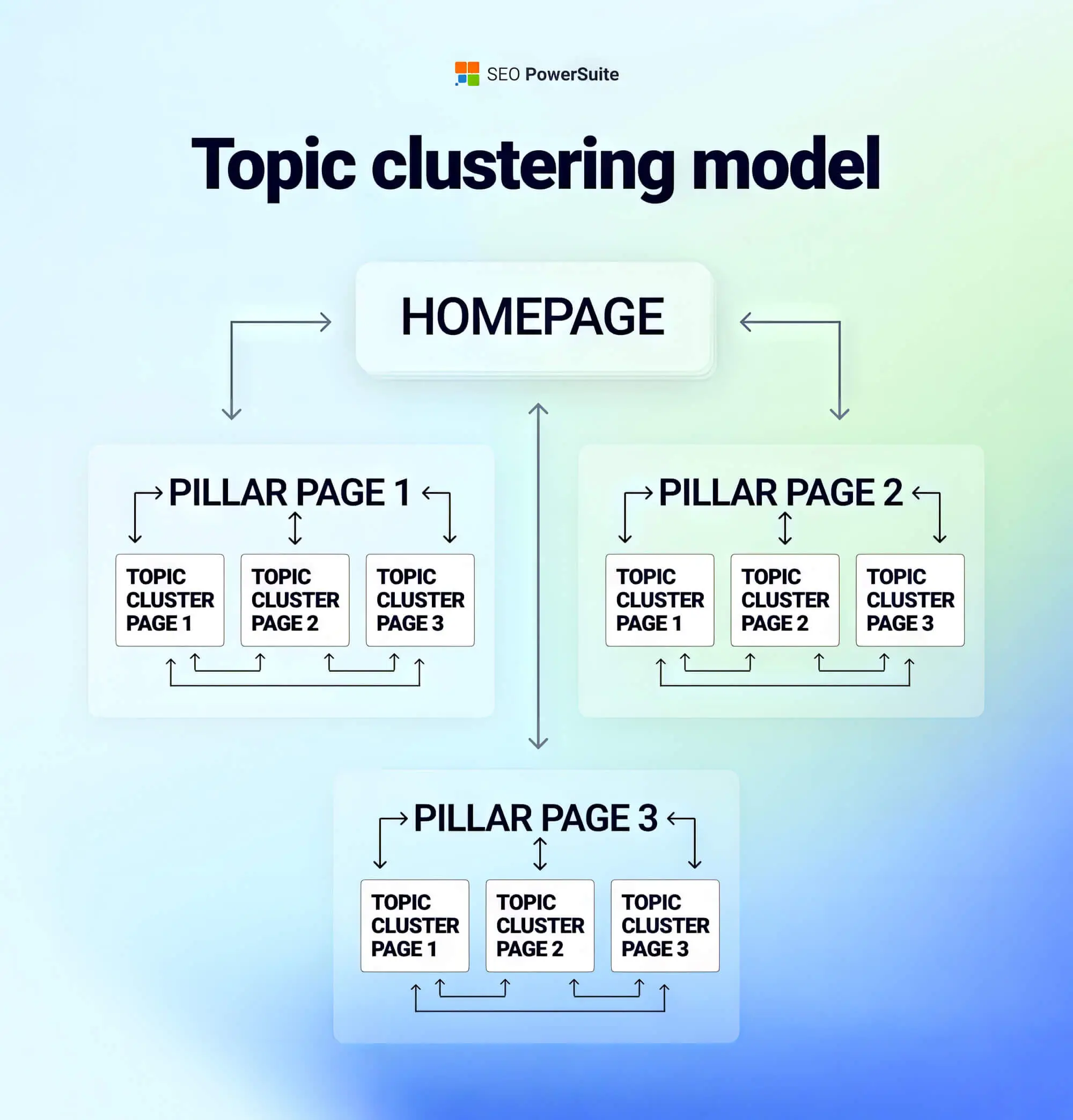
4. High Backlink Quality
Lastly, you can link to other websites with high topical authority to improve your own. Building a strong backlink profile from relevant websites with a strong domain rating can help significantly.
There are several ways to get around engaging in link building with high-quality backlinks. Consider having a guest write content for a particular blog post, mention influencers with a large following, or use an SEO tool. Both outbound and inbound external links are important for high backlink quality.
Topical relevance relies heavily on building high-quality links; you should remember this when creating content.
How To Know If A Website Has Topical Authority
Since topical authority has no direct definition, it may be difficult to know whether a website has it at first glance. Fortunately, there are plenty of ways to tell if a website has topical authority. Listed below are the items to seek for this.
1. A Profile With Strong Internal Linking
A website with strong internal links is an easy way to know about its topical authority. Typically, websites with high topical authority have relevant links to other pages.
Using analysis tools for internal links provides everything you need; you can immediately find out how many articles redirect the user to a specific page. This is a hallmark of a website with strong topical authority, earning it a higher priority in Google search results.
2. Domain Authority Or Domain Rating
Domain authority or rating is a score that measures the strength of a website in search engine results, ranging from 1 to 100. The higher a website scores, the more likely it is to rank strongly on search engine results pages. You can use tools to measure any website’s domain authority or rating.
A good DA score to aim for varies based on the high competition within a particular niche. For this reason, it would be folly to seek an arbitrary number in a vacuum. And knowing this, if you’re looking to improve your domain authority, consider studying the scores of the competition. Your DA score should be relative to a competitor’s and not a high-DA score website in a different field.
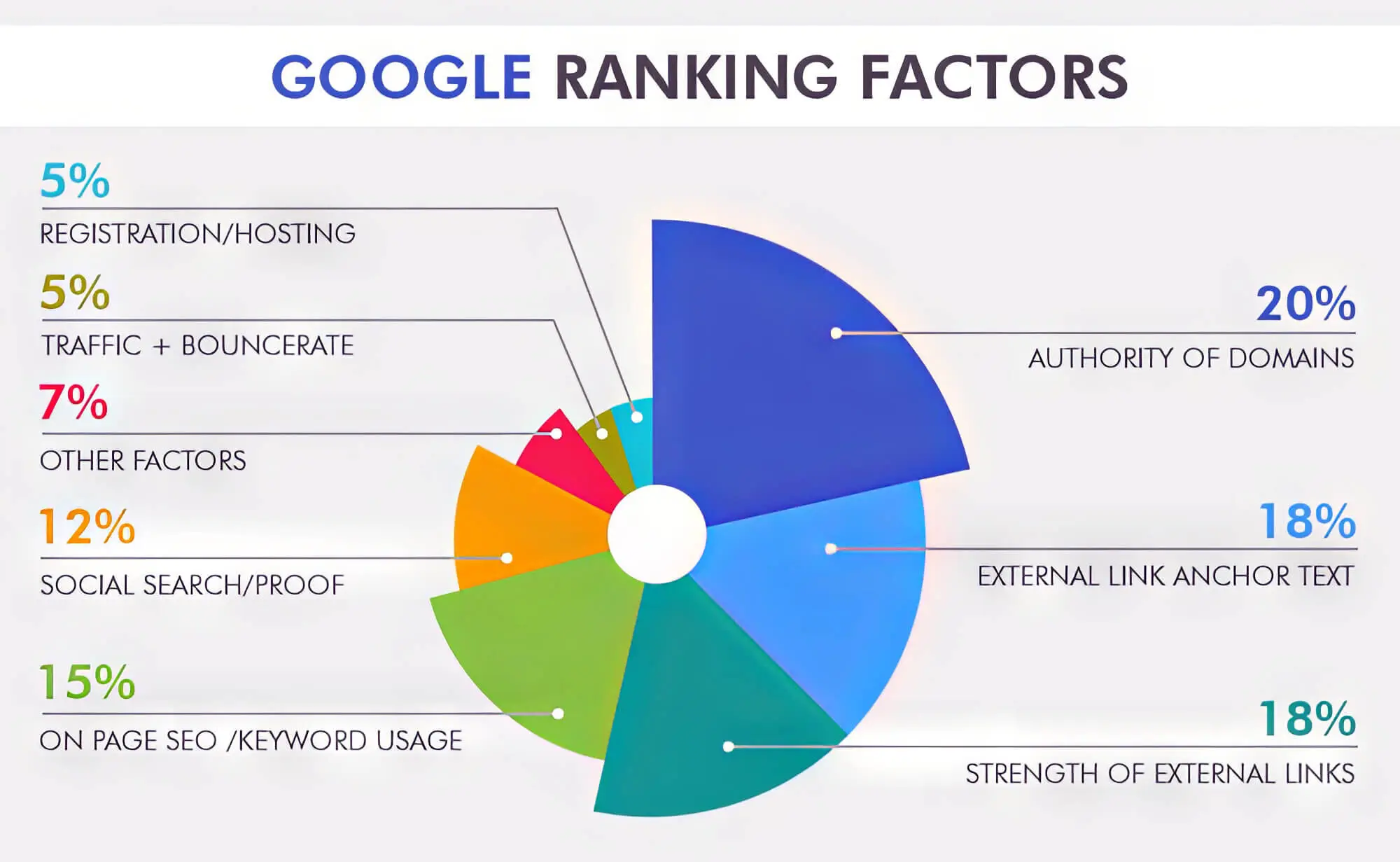
How Domain Authority is calculated considers multiple factors, such as the total number of links and the root domains. Of course, this means that the Domain Authority score will fluctuate based on the number of pages linking back to the website.
Domain authority also ties into the link-building strength of the website, as strong link profiles increase the DA score. Well-established domains have larger link profiles, and thus, they have high domain authority.
The DA score becomes exceedingly difficult to raise the higher it is. Going from 80 to 90 is more difficult than going from zero to 50. Additionally, the scaling fluctuations impact websites on the lower end of the DA score spectrum. Looking at the DA score as a comparative metric rather than a milestone to achieve would be better.
3. Keyword Rankings
More relevant keywords in the content typically mean a site has high topical authority. And an increased number of organic keywords can provide much-needed insights into your competition.
Consider looking up topic ideas using keyword research tools to build your keyword rankings. This can help bridge the gap between your website and the competition, allowing you to partake in content creation for similar topics. Remember that your website should have a unique voice; bringing valuable content to the reader is always best.
4. Content Quality
If a website regularly posts well-researched, high-quality content about a topic, it likely has high topical authority. A Well-written, editorially crafted article is a great way to boost user engagement.
Of course, good content alone isn’t enough to give a website high topical authority. It is usually accompanied by at least one of the above mentioned factors for ranking higher on SERPs.
FAQ
1. How is topical authority measured?
As the topical authority in SEO has no direct definition, methods to measure topical authority must be clarified. There are rough ways to help build and calculate perceived authority, such as the “Traffic share by domains” report in the Keywords Explorer by Ahrefs.
To measure a website’s expertise and topical authority in Ahrefs is straightforward. Simply enter a keyword with a high search volume in the Keywords Explorer, go to the matching terms report and apply a minimum volume filter. After this, you should export the results and reupload them into the Keywords Explorer. Lastly, go to the “Traffic share by domains” report to assess if you need to create content with more authority.
2. What is the difference between topical authority and domain authority?
One of the differentiators between branded and topical keywords and domain authority is that Google doesn’t use the latter. Topical authority remains the only way to gain an audience on Google, and your SEO strategy will likely revolve around it.
As mentioned earlier, you can use domain authority to compare a website against its competitors. It is largely dependent on website age, the trust level of your website and user traffic. In contrast, topical authority relies more on website content and backlink volume.
3. How does topical authority affect SEO?
Optimisation takes precedence when it comes to SEO, and topical authority helps tremendously with this. To properly optimise your website with high-quality content, your content should showcase expertise, authoritativeness and trustworthiness for it to rank highly.
This means that your website should have the highest quality content possible to cover a spectrum of queries and related subjects. This will also garner the website a positive reputation, further increasing its topical authority.
Once this reputation is established, topically relevant keywords you cover will be heavily associated with your brand. Your chances of achieving higher rankings on SERPs will increase further, driving more user traffic to your content.
Building Topical Authority
Making topical authority important in your strategy is pivotal to online marketing success, adding significant relevance to your website. Its inclusion only has positive impacts on the visibility of your website, in addition to boosting user engagement and ranking in the search algorithms.
Building content that builds domain authority takes a lot of work, as it involves several steps that require a lot of dedication. Content cluster creation and posting regular content are time-consuming processes that significantly improve a website’s authority.
Lastly, it’s best to remember that content quality is more important to establish topical authority on your website and rank highly in the algorithm. Final thoughts: Other factors like topically related keywords and backlinks also matter much, but it’s better if they align well with your content.
To build an authoritative website presence, you can lean on sitecentre®. We act on the earlier points to help your pages gain more topical authority. And we offer a complete suite of marketing services, such as SEO, Web Design, AI, Machine Learning and more.





